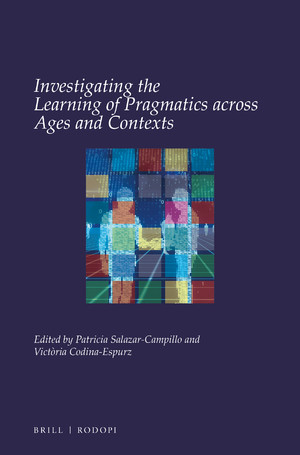
In the university context, much of the communication between students and professors takes place via emails. Despite the fact that there is a power asymmetry in this relationship, on many occasions professors receive requestive emails which may sound too direct or informal. In this study, Codina-Espurz and Salazar-Campillo explore whether there is a relationship between the language in which the emails were written (Spanish, Catalan and English) and the degree of (in)directness by examining the request strategy and the internal modification employed to soften the imposition of the request. Their findings reveal that, irrespective of the language employed, there was a preference for direct strategies, especially for the use of direct questions which, in some cases, were introduced by a preparator. Conventionally-indirect strategies were used to a lesser extent, and they included mainly query preparatory strategies of possibility. The overuse of direct questions may be due, as pointed out by the authors, to the type of request expressed in the emails, as they were mainly for information. As for the internal modification used, the emails included mainly syntactic modifiers or a combination of syntactic and lexical to show politeness. The authors claim that the apparent directness of the emails may be counterbalanced by the employment of internal modification to reach a certain level of politeness.